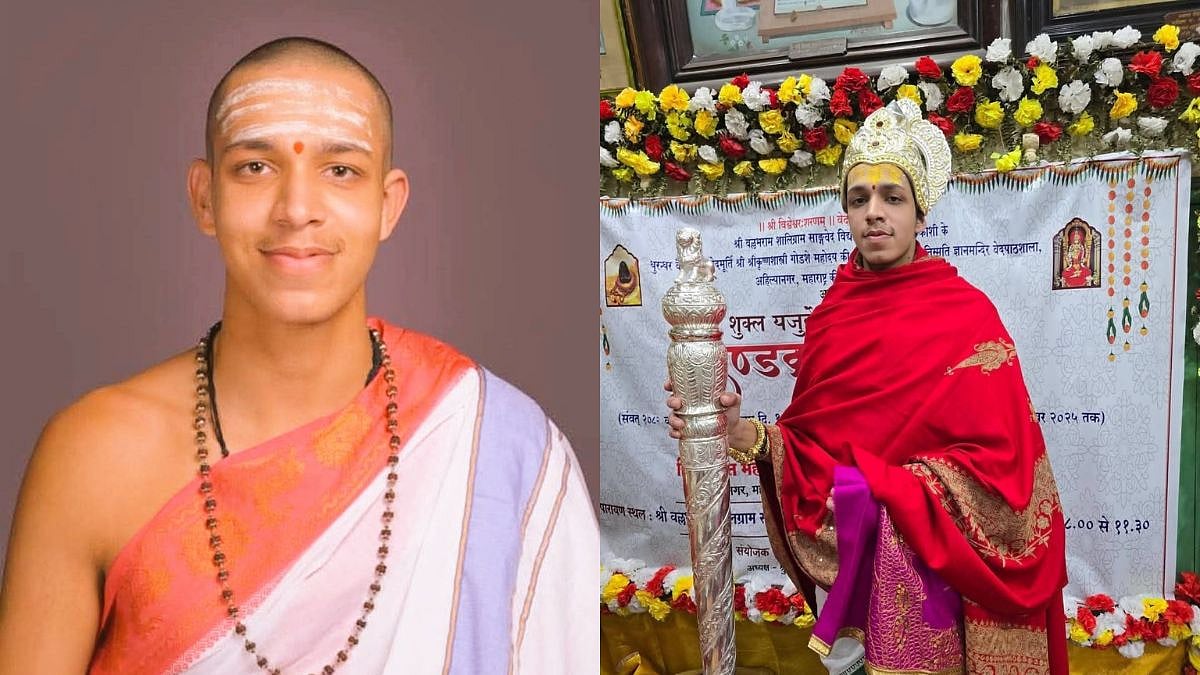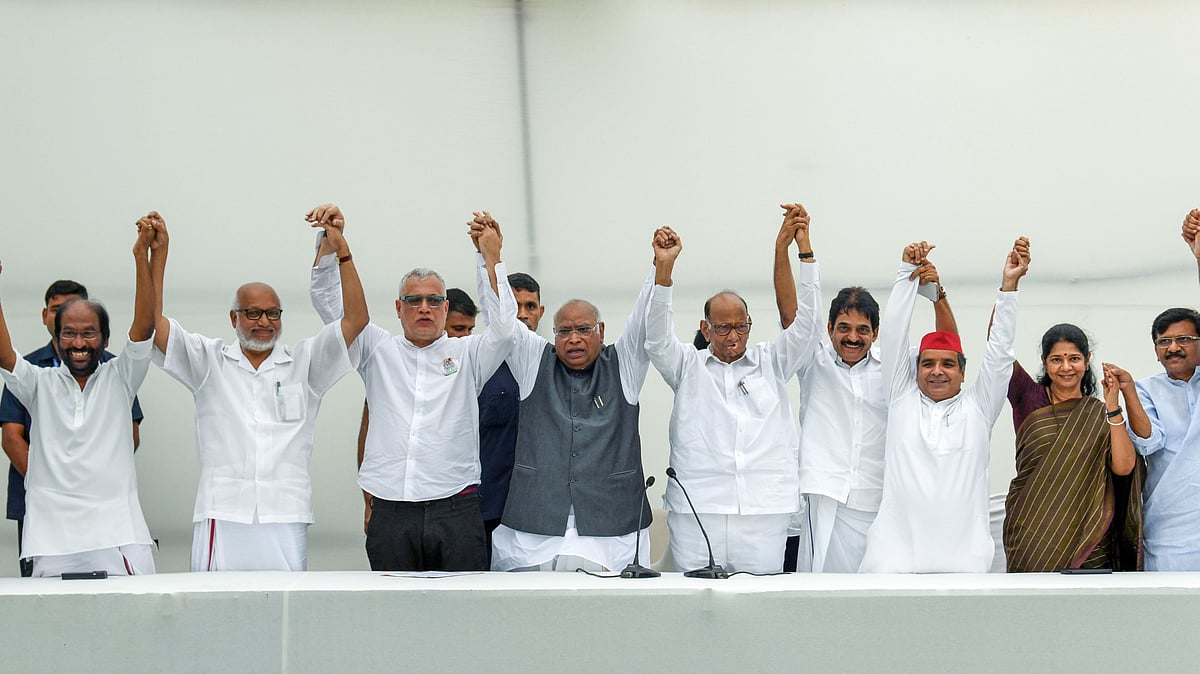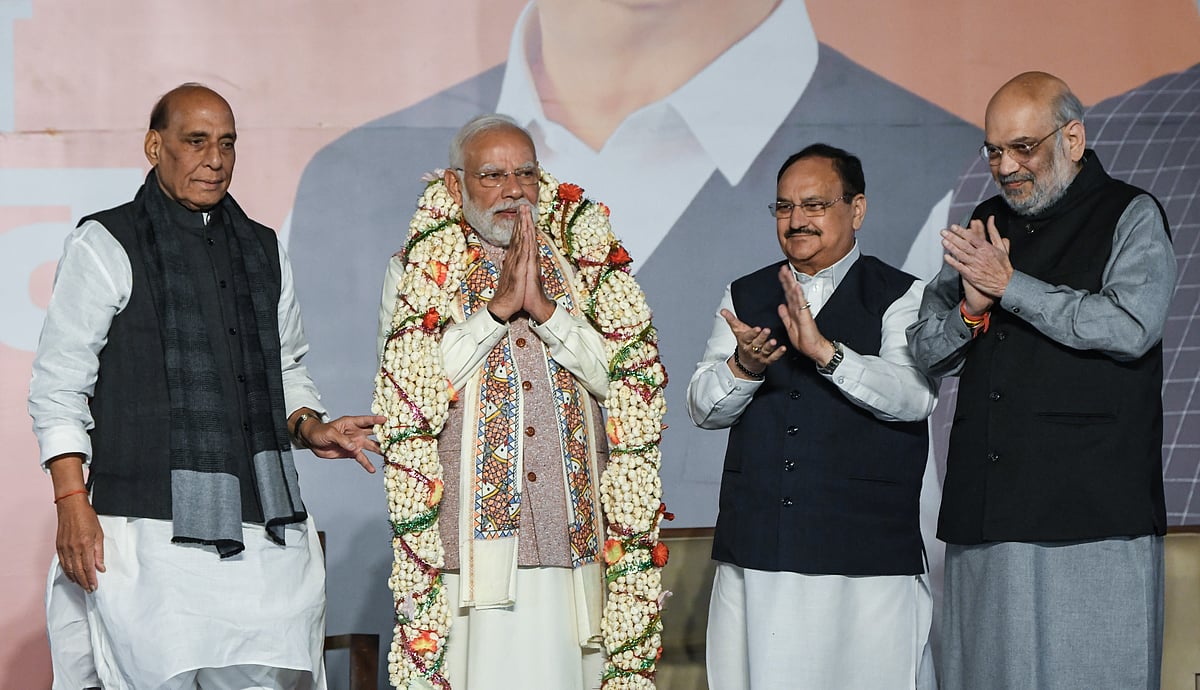The world’s most powerful democracy and one of the world’s worst democracies in our neighbourhood, have lessons for the world’s largest democracy to make her better for future generations.
These are lessons on how strong democratic institutions led by effective leaders in all sectors — ranging from an efficient Chief Justice of India and Election Commissioners right down to inspiring school and college teachers — are necessary to help make our nation a powerful and purposeful democracy.
The recent Supreme Court judgement ordering the release of NewsClick founder Prabir Purkayastha on grounds that his arrest by Delhi Police under the anti-terrorism law was illegal; and the interim bail granted to Delhi Chief Minister Arvind Kejriwal allowing him to campaign for the ongoing Lok Sabha elections, are just two instances of a healthy democratic institution in action.
A democratic nation requires every democratic institution — be it the law enforcement agencies such as the Police or the Enforcement Directorate; the Election Commission, the University Grants Commission or the Courts — to function without fear or favour and uphold constitutional values to the highest standards.
This can be seen routinely in the United States of America and in Europe where constitutional bodies such as the courts and commissions spare no one, including Presidents and Prime Ministers. Former US President Donald Trump is currently facing trial for his alleged interference in the 2020 elections and the US Supreme Court is examining the extent to which he is entitled to presidential immunity from criminal prosecution. In a landmark case in the 1970s, the US Supreme Court upheld the impeachment proceedings against then president Richard Nixon for his complicity in the Watergate scandal, leading to his resignation from the world's most powerful office.
India, too, has some shining examples of institutions protecting and strengthening her democracy. Such as the 13 bench Kesavananda Bharati judgement of the Supreme Court (SC) in which the SC asserted its authority to protect the basic structure doctrine of the constitution.
However, what happens when there is a complete breakdown and capitulation of democratic institutions in the face of an authoritarian government led by a dictatorial leader? Look at what has been happening in Pakistan — one of the worst democracies in existence for the last 75 years.
The tragedy of Pakistan is the string of authoritarian rulers — be they politicians or military dictators who have trampled on democratic institutions from time to time, turning Pakistan’s democracy into a farce. Former bureaucrat in the cabinet secretariat, Tilak Devasher, has captured this beautifully in his book, ‘Pakistan at the Helm’, presenting valuable lessons for India and other young democracies.
Based on deep, meticulous research, his book presents insights into the leadership traits of a string of top Pakistani leaders who grabbed power, repeatedly suspended democracy by imposing martial law; muzzled the press and the judiciary; rigged elections and dismembered their own nation by not honouring the results of the 1970 general elections.
In 1971, Pakistan broke into two leading to the creation of Bangladesh simply because the senior Pakistani leader Zulfikar Ali Bhutto did not want to cede power to East Pakistan’s Sheikh Mujibur Rehman whose Awami League had won a thumping majority in the 1970 general elections.
Popularly described as ‘catalyst of separation,’ Bhutto was a well-educated powerful orator and a popular mass leader. However, he was also extremely arrogant, vindictive, manipulative and dictatorial. As Devasher notes, despite being a democratically elected mass leader, “he had a strong dictatorial streak, making him intolerant of any opposition”. Bhutto not only humiliated his jailed political opponents but also targeted a number of journalists with arrests and persecution, hammering the media into meek submission.
In December 1971, when Bhutto was sworn in as President and Chief Martial Law Administrator, he told his first cabinet meeting, “Gentlemen, we are here for twenty years.”
Says Devasher, once firmly entrenched in power “Bhutto systematically moulded state institutions to his will. In the process, they were badly damaged and the state suffered the consequences.” The judiciary was made subservient and the powerful civil service was destroyed by bringing in party activists through the ‘Lateral Entry Scheme’.
Bhutto’s predecessors notably, presidents Ayub Khan and Yahya Khan, and those who came after him such as Zia-ul-Haq, ‘Mr. 10 per cent’ Asif Zardari, and the rest had their own contempt for democratic institutions and the democratic framework. In the first three decades of independence itself, the foundations of democracy in Pakistan had been completely destroyed. The result is there in front of all of us today.
Pakistan has failed as a democratic state in spite of two superpowers by its side only because of disastrous leadership. In sharp contrast, Pakistan could have become a very strong, prosperous and successful nation with all the support and funding that it received from the United States decade after decade.
There are stark lessons to be drawn from this: Howsoever great (s)he may be, India’s destiny cannot be allowed to rest on the shoulders of ‘one great leader’. It is far more important for all of us to focus on strengthening democratic institutions as has been done in the US, UK and Europe.
Our leaders at all levels — be they judges and commissioners of all kinds; law enforcement officers, ruling or opposition politicians; political parties, and literally everyone, including common citizens like you and I need to contribute responsibly. This is what will make India a better nation for future generations.
The author is a journalist and works for a policy research think tank. He tweets at @abhay_vaidya









